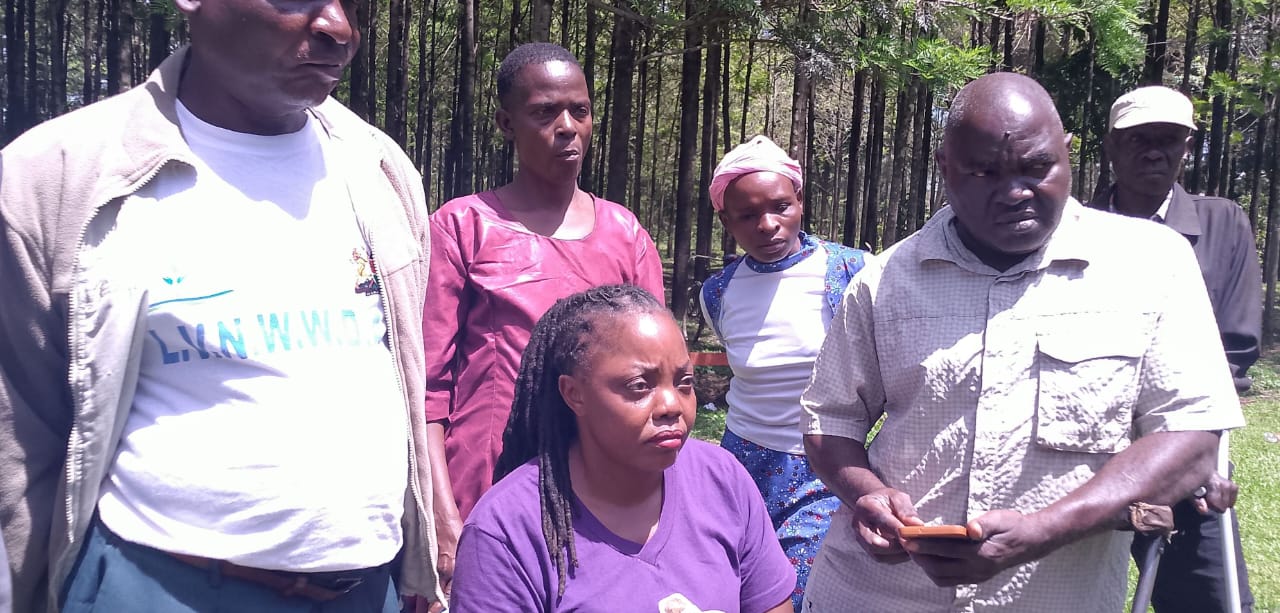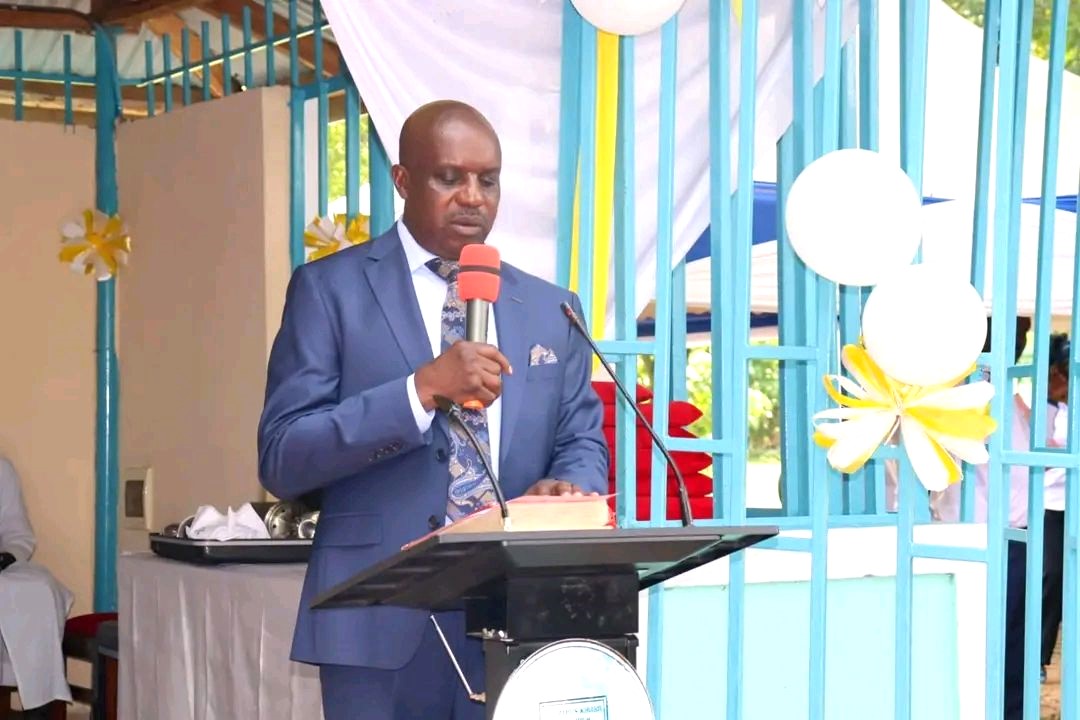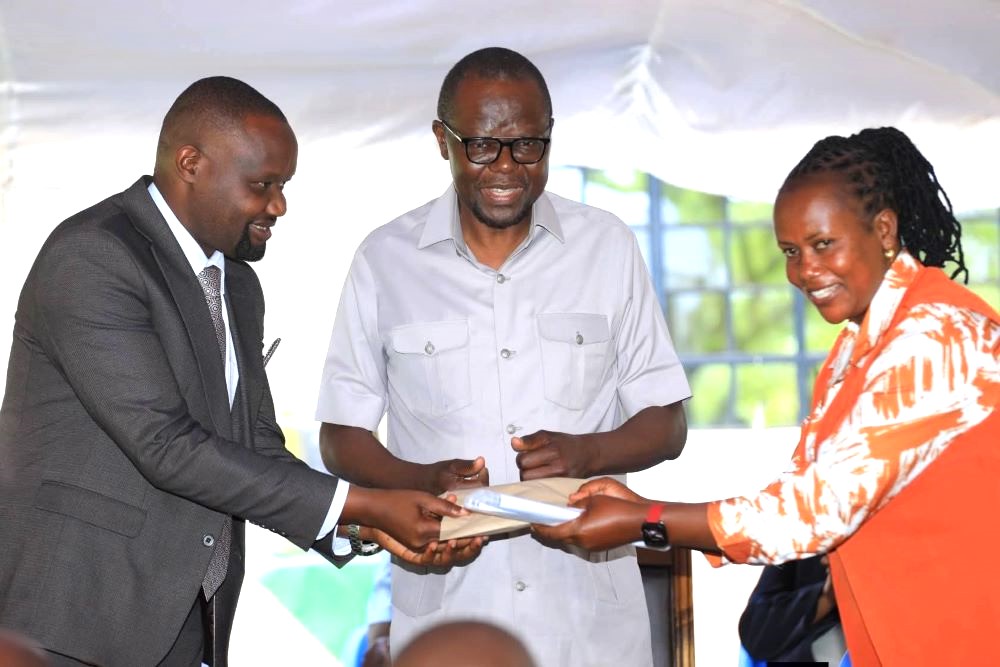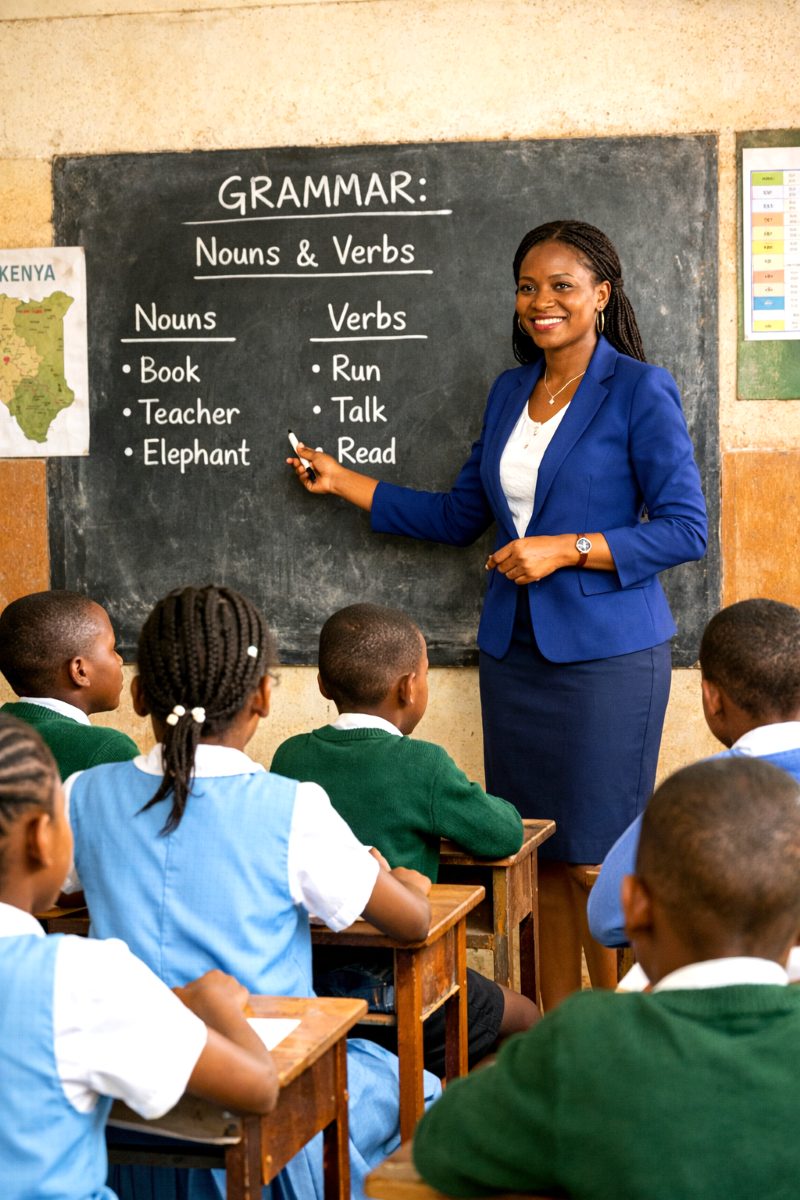In a bid to empower persons living with disabilities (PLWDs) in Kakamega County, the Trust for Indigenous Culture and Health (TICAH) recently hosted an educational workshop to raise awareness about their constitutional rights, particularly ahead of the upcoming by-election on November 27, 2025. The workshop, which was held in Malava, targeted youth with disabilities and aimed to equip them with knowledge about their fundamental rights as enshrined in Kenya’s 2010 Constitution.
Catherine Namayi Shiundu, the Secretary General of the Kakamega County Disability Caucus and coordinator for TICAH, emphasized the importance of understanding constitutional rights for PLWDs.
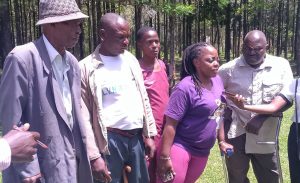
“It is crucial for persons with disabilities to not only know their rights but also to understand them fully,” she said. Shiundu explained that constitutional rights, including access to healthcare, education, and the right to vote, are guaranteed to all citizens regardless of their disability. She quoted Article 1 of the 2010 Constitution, which asserts that “sovereign power belongs to the people,” underscoring that PLWDs, like any other citizen, are entitled to these fundamental freedoms.
ALSO READ;
Six Kakamega High students earn spots in Kenya U-17 National Team
This educational session marked the third in a series of workshops conducted by TICAH, a non-governmental organization based in Nairobi. The initiative aims to ensure that PLWDs in Kakamega County are well-versed in their rights, particularly as they prepare to participate in the upcoming elections. TICAH has been at the forefront of educating marginalized groups, including persons with disabilities, about various issues such as reproductive health, human rights, and constitutional rights.
Shiundu lauded TICAH’s efforts, noting that many participants had admitted that they were unaware of their constitutional rights before attending the workshop. “The outcome has been impressive, as many have expressed that they did not know their constitutional rights at all,” she said.
She further highlighted that the 2010 Constitution contains provisions that, if fully implemented, could significantly improve the lives of PLWDs, enabling them to achieve long-desired goals. However, she also pointed out that the current implementation of the Constitution has left many of these provisions unfulfilled, particularly when it comes to the needs of PLWDs.
The recent introduction of the Disability Act 2025, which replaces the 2003 version, was also a point of praise for Shiundu. She called the new Act a significant improvement, saying it was better aligned with the 2010 Constitution and designed to empower PLWDs. “We are pleased to be part of the 2025 Disability Act, as it is tailored to benefit every registered PLWD,” she noted. She criticized the previous 2003 Disability Act for having numerous loopholes that failed to provide adequate support and services to PLWDs.
Shiundu expressed optimism about the 2025 Act, stating that it would lead to more significant and tangible benefits for PLWDs through its provisions, such as the 5% quota for PLWDs in both county and national government positions. She stressed the importance of advocacy and civic education in pushing for the full implementation of the Act. “We must raise our voices and take collective action to ensure that the provisions of the 2025 Act are realized,” she added.
In addition to constitutional education, the workshop also addressed other critical issues affecting PLWDs, such as accessing scholarships, medical coverage (including the State Health Insurance Scheme, or SHA), and government benefits. Shiundu also encouraged PLWDs who had not yet registered with the government to do so, noting that the registration process is now free and can be completed at local health facilities, with medical assessments also being offered at no charge. She praised the use of technology to simplify and expedite the registration process, allowing certificates to be issued within 24 hours.
ALSO READ;
However, Shiundu expressed concern over the implementation of Kakamega County’s Disability Act 2022, which she said has not been fully realized. Despite the Act being in effect for three years, she claimed that only 20% of the budget allocation for PLWDs had been utilized. “We are still relying on various ministries to finance us, but the funds allocated to us are often redirected during the supplementary budget reading to other projects,” she lamented.
The workshop in Malava, which was attended by over 200 youth, has been hailed as a positive step toward empowering persons with disabilities in Kakamega County. As the county prepares for the by-election, the event served as a reminder to the PLWD community of their rights and the importance of using their voice in the electoral process.
TICAH’s continued efforts to educate and advocate for the rights of PLWDs in Kakamega and beyond are seen as a vital tool in ensuring that this marginalized group can fully participate in society, exercise their rights, and achieve greater equality.
By Wakhungu Andanje
You can also follow our social media pages on Twitter: Education News KE and Facebook: Education News Newspaper for timely updates.
>>> Click here to stay up-to-date with trending regional stories
>>> Click here to read more informed opinions on the country’s education landscape


